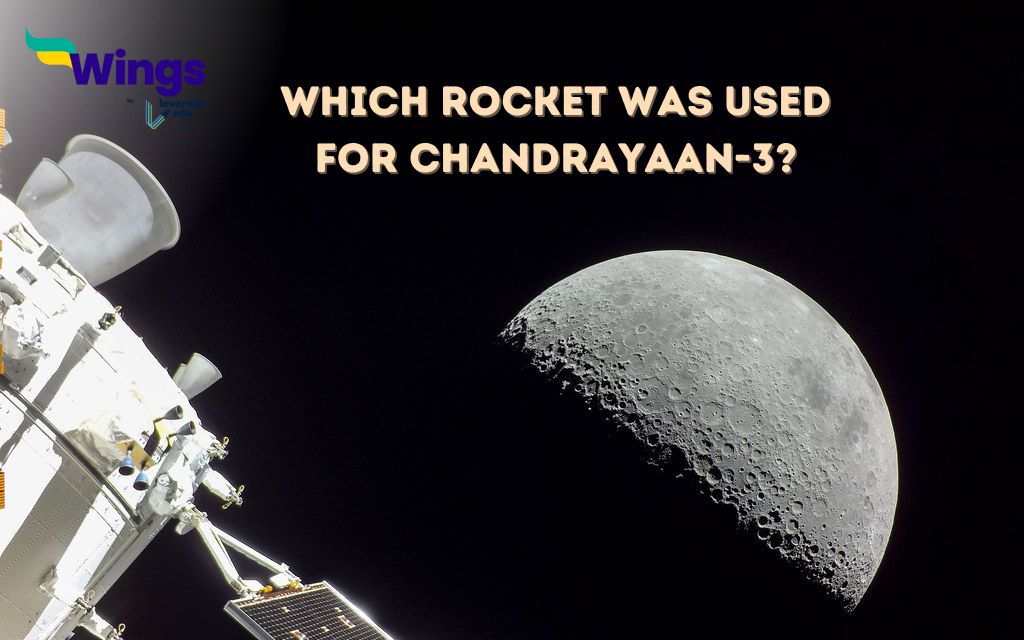The Indian Space Research Organisation successfully launched the Chandrayaan-3 on July 14, at 2:35 pm (IST) from the Satish Dhawan Space Centre in Sriharikota, Andhra Pradesh. Chandrayaan-3 was launched from the LVM3 rocket, also known as Launch Vehicle Mark-3.
The rocket used for Chandrayaan-3 carried a propulsion module or PM, which consisted of Vikram lander and Pragyan rover to configure a 100 km lunar orbit. Chandrayaan-3 is the third of its series of lunar explorations, launched by the ISRO. On 5th August 2023, Chandrayaan-3 entered the lunar orbit and on 23rd August 2023, the lander touched down the Lunar south pole. Here are all the details about the rocket used for Chandrayaan-3.
Latest Updates on Chandrayaan-3
On September 2nd and 4th, Chandrayaan-3’s Vikram lander and Pragyan rover were put into sleeping mode because of the lunar night settings. In its latest updates, ISRO is attempting to revive Vikram lander and Pragyan rover, due to dawn breaking on the Lunar south pole. Both the lander and the rover are solar-powered objects. ISRO will reestablish its communication with them so that their paused scientific journey can be continued.
Because of the lunar night settings, the lander and the rover were put into sleeping mode where the temperature goes down to -200 degrees Celsius. This will be one of the major challenges for Vikram and Pragyan to come back to life due to the frosty temperature on the moon’s surface. If everything goes as planned and the modules come back to life, their halted journey to send information from the moon can be continued for the next 14 days.
Chandrayaan-3 Rocket
LVM3 rocket was used to launch Chandrayaan-3. LVM3 or Launch Vehicle Mark-3 is also known as the Geosynchronous Satellite Launch Vehicle Mark III or GSLV Mk III. Designed by the Indian Space Research Organisation, LVM3 was primarily developed with the objective of launching communication satellites into geostationary orbit. It has a higher payload capacity than the GSLV.
The first orbital launch test of Launch Vehicle Mark-3 was successfully conducted by ISRO in 2017 from its Satish Dhawan Space Centre. Due to its ability to carry a heavy payload, LVM3 has been used in several space missions by ISRO and other international organisations. The table below highlights the missions in which LVM3 was used and will be used in the near future.
| Mission | Year |
| Crew Module Atmospheric Re-entry Experiment (CARE) | 2015 |
| Chandrayaan-2 | 2019 |
| Chandrayaan-3 | 2023 |
| Gaganyaan (G1) | 2024 |
| Shukrayaan | 2024 |
| Gaganyaan (G2) | 2024 |
FAQs
The rocket used to launch Chandrayaan-3 was LVM-3, which stands for Launch Vehicle Mark-3.
The lander and rover of Chandrayaan-3 were put to sleep because of the lunar night settings, where the temperature goes as down as -200 degrees Celsius.
The total budget of Chandrayaan-3 was INR 615 crores ($75 million) according to the official details given by ISRO.
For more information about such interesting topics, check out our trending events page and make sure to follow Leverage Edu.


 One app for all your study abroad needs
One app for all your study abroad needs












 60,000+ students trusted us with their dreams. Take the first step today!
60,000+ students trusted us with their dreams. Take the first step today!